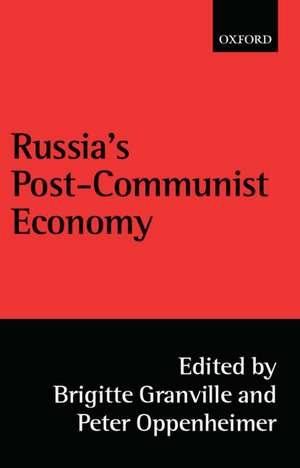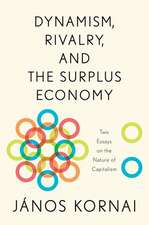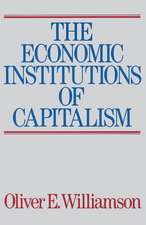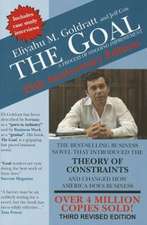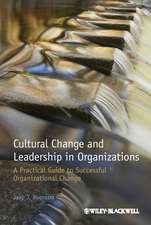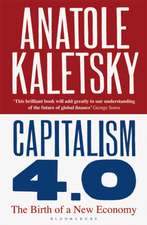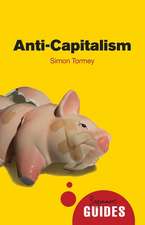Russia's Post-Communist Economy
Editat de Brigitte Granville, Peter Oppenheimeren Limba Engleză Paperback – 30 aug 2001
| Toate formatele și edițiile | Preț | Express |
|---|---|---|
| Paperback (1) | 398.27 lei 31-37 zile | |
| OUP OXFORD – 30 aug 2001 | 398.27 lei 31-37 zile | |
| Hardback (1) | 491.95 lei 31-37 zile | |
| OUP OXFORD – 30 aug 2001 | 491.95 lei 31-37 zile |
Preț: 398.27 lei
Preț vechi: 576.14 lei
-31% Nou
Puncte Express: 597
Preț estimativ în valută:
76.21€ • 79.79$ • 63.21£
76.21€ • 79.79$ • 63.21£
Carte tipărită la comandă
Livrare economică 29 martie-04 aprilie
Preluare comenzi: 021 569.72.76
Specificații
ISBN-13: 9780198295259
ISBN-10: 0198295251
Pagini: 570
Ilustrații: numerous tables and figures
Dimensiuni: 138 x 217 x 31 mm
Greutate: 0.67 kg
Editura: OUP OXFORD
Colecția OUP Oxford
Locul publicării:Oxford, United Kingdom
ISBN-10: 0198295251
Pagini: 570
Ilustrații: numerous tables and figures
Dimensiuni: 138 x 217 x 31 mm
Greutate: 0.67 kg
Editura: OUP OXFORD
Colecția OUP Oxford
Locul publicării:Oxford, United Kingdom
Notă biografică
Brigitte Granville is Head of the International Economics Programme, The Royal Institute of International Affairs, London, and Director of CAIS, Moscow.Peter Oppenheimer is Fellow of Christ Church, University of Oxford, where he was previously Tutor in Economics. Since April 2000 he has been President of the Oxford Centre for Hebrew and Jewish Studies.
Recenzii
Especially useful essays on the insider domination of enterprise ownership and the unhappy evolution of private banking in the new Russia.
The most comprehensive and objective overview of the subject to date.
The most comprehensive and objective overview of the subject to date.
